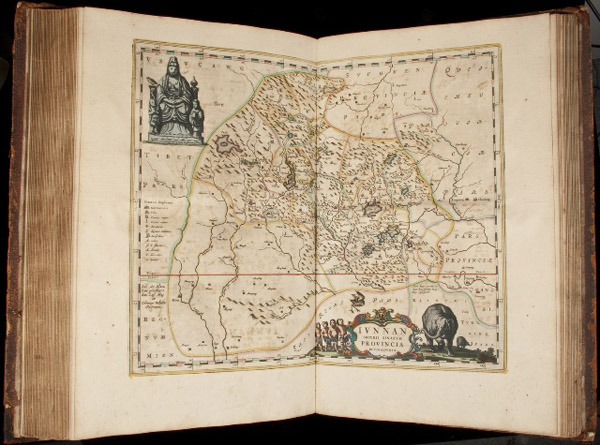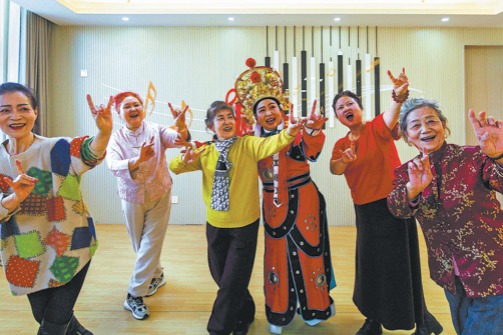How China cast its light on the west
By Zhao Xu | China Daily | Updated: 2018-02-24 15:18

Matteo Ricci, believed to be the first Jesuit missionary to have set foot in Beijing, the Chinese capital for the previous 300 years, allowed his Chinese converts to continue their tradition of ancestral worship. As Christians, they could still kneel down to their parents, their emperors and of course their ancestors.
"Ricci and his like-minded fellow Jesuits tried to convince the Vatican that such tolerance was in line with Church tenets, since the kneeling and worship fell into the realm of tradition as opposed to religion," Zhang says.
However, there were some matters on which the missionaries were resolute, polygamy being one of them. While it was hard for some converts to forsake all their concubines, it must be noted that the Catholic Church is not at all unfamiliar with licentious popes who fathered illegitimate children.
In those days, when the perilous voyages between Europe and China often claimed a life or two, most Jesuit missionaries chose to send back what they saw and heard in writing. Many of them also translated, introducing Confucius classics - The Analects of Confucius, or The Words of Confucius, for example - to intellectuals in the West.
The publication in Europe of both scholarly and popular literature about China by these missionaries achieved effects both intended and unintended, Zhang says.
"They were prompted to write about China mainly by their own need to ensure continued support for the mission from the Church's central authorities, by creating favorable publicity for their activities. This was of utter importance, bearing in mind the controversies and debates the Jesuits' accommodating ways had aroused among their more conservative detractors, who eventually brought the case to the Vatican."
























